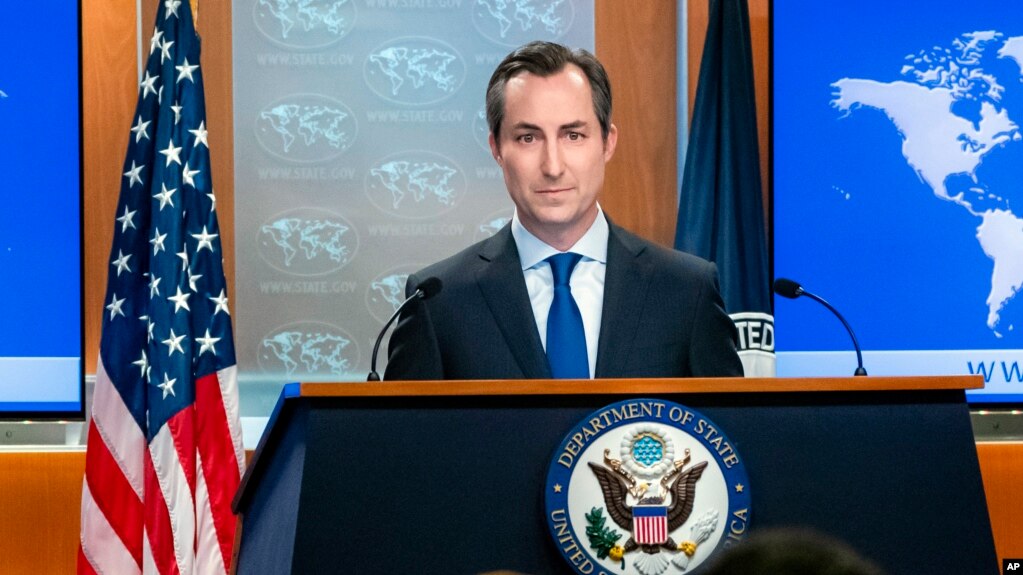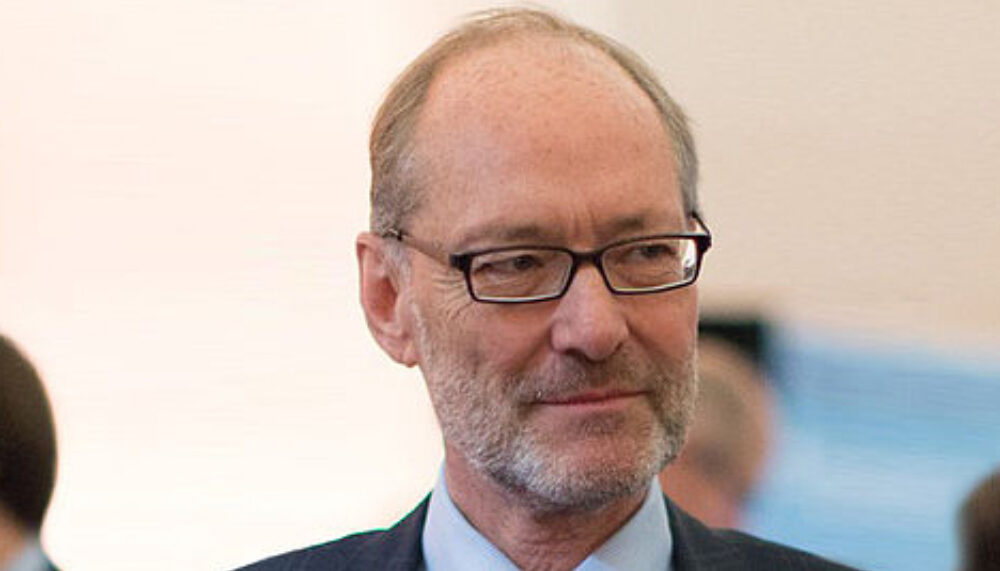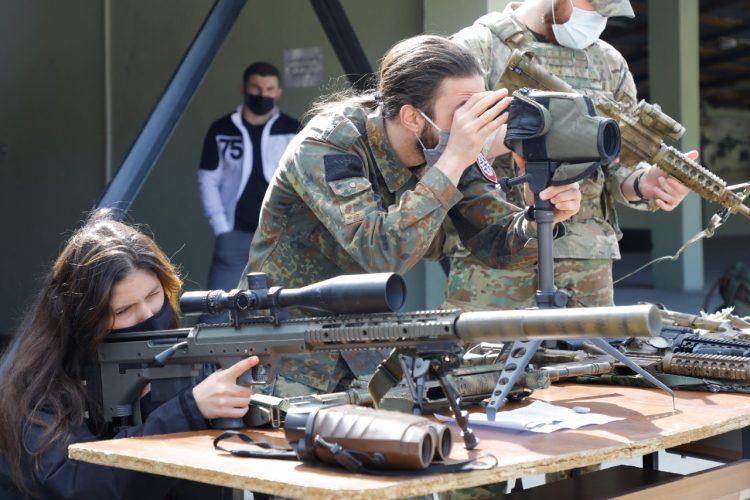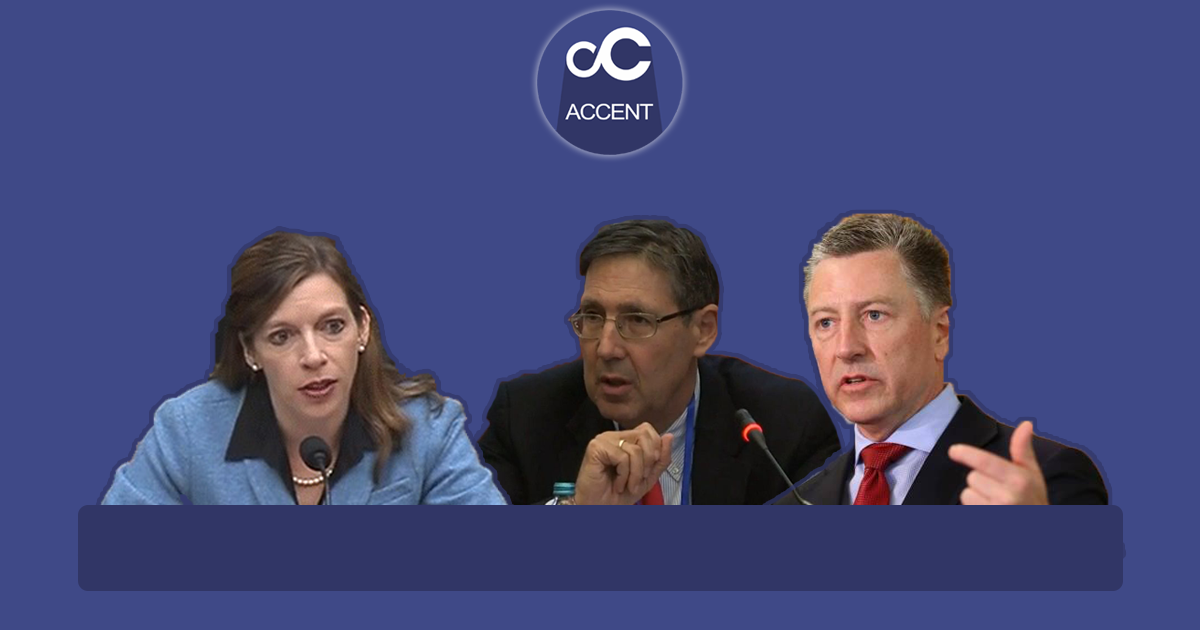
"Peace is possible": U.S. and positive changes in Georgia's neighborhood
21/12/2023 14:03:40 Caucasus, Comment
On December 7 the Office of the Prime Minister of the Republic of Armenia and the Presidential Administration of the Republic of Azerbaijan issued an unexpected joint statement. It was an important message amid fears of a new military conflict (on Armenian territory) and tough rhetoric from Baku over the entry of French military hardware into Armenia. According to the statement, "two countries reconfirm their intention to normalize relations and to reach the peace treaty on the basis of respect for the principles of sovereignty and territorial integrity."
On December 13, Armenia and Azerbaijan swapped prisoners of war, a first step towards normalising relations since Baku retook control of the long-disputed Nagorno-Karabakh region in a one-day autumn offensive. "Azerbaijan freed 32 Armenian military, Armenia freed two Azerbaijani military," Azerbaijan's state commission for prisoners of war said in a statement.
It added that "the exchange took place at the Gazakh sector of the Azerbaijani-Armenian state border."
Not much is known about these talks, although Armenian Prime Minister Nikol Pashinyan announced on December 20 that "they are underway online."
When asked, about the U.S. involvement in these negotiations and a basis for optimism, State Department Spokesperson Matthew Miller told the Accent:
"This is something that we have actively encouraged in talks with both governments. We welcome the return of the Armenian and Azerbaijani detainees and reports that additional confidence-building measures are being discussed. We continue to believe that peace is possible if both parties are willing to pursue it."
Given strained relations between Armenia and Russia, which became especially noticeable after the zero response of Russia and the Collective Security Treaty Organization (CSTO) to the bombing of Armenian villages by Azerbaijan, many observers saw signs of a change in foreign policy course by Yerevan.
Pashinyan himself called a "strategic mistake" the dependence of security on one country and talked about diversification.
In this regard, the statement made by U.S. Assistant Secretary of State for European and Eurasian Affairs, James O’Brien was interesting.
"The President of the European Commission, Ursula von der Leyen, has publicly announced that she intends to hold a meeting with the US and Armenia with the aim of bringing Armenia closer to their communities," the American diplomat said, adding that he discussed this matter with Armenian Prime Minister Nikol Pashinyan a few days ago, and that they are now trying to develop its model.
"The respective proposal that the EU can make Armenia in terms of trade preferences, economic cooperation, and access to the single market is incredibly important, and they can help with this," O'Brien said. He noted that the allies are now in the “middle of the road” and trying to understand what the economic future could be.
The Assistant Secretary of State added that the US and Europe are working on additional measures to ensure Armenia's security, and recalled France's considerable assistance in this regard.
The Accent is interested in whether there are any changes in this direction.
"Armenia is a close partner and friend to the United States, and we look forward to working with Armenian authorities to strengthen Armenia’s democracy, help further diversify its economy, and support its efforts to reorient towards the West.
We applaud Armenia’s commitment to democratic values and to developing and strengthening its respect for human rights, rule of law, and the economy.
We also appreciate Armenia’s efforts to bring greater stability to the region and look forward to continuing to grow our bilateral relationship and economic ties, including through the U.S.-Armenia Strategic Dialogue.
Since 1992 the U.S. government has provided nearly $3 billion in assistance to support the Armenian people and efforts to strengthen economic, democratic, and social governance," a State Department Spokesperson told the Accent.









